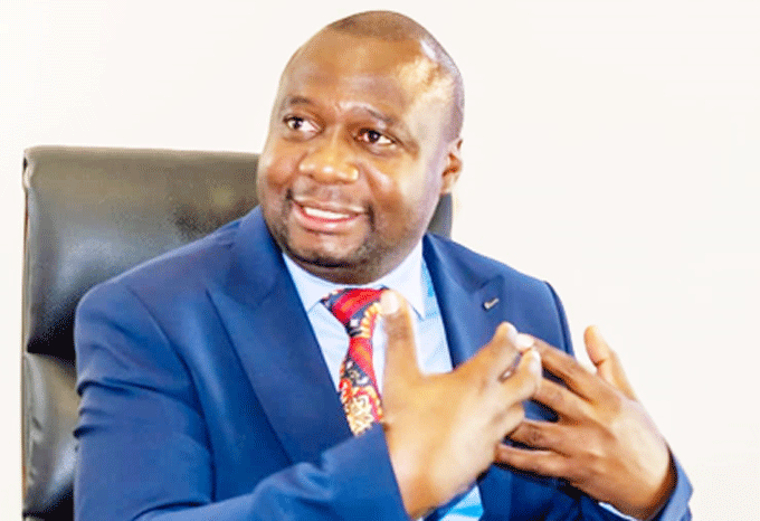 Zimbabwe President Emmerson Mnangagwa has a lot of work to do to convince Zimbabweans to have confidence in the local currency again, a local economist and member of the Reserve Bank of Zimbabwe’s Monetary Policy Committee said today..
Zimbabwe President Emmerson Mnangagwa has a lot of work to do to convince Zimbabweans to have confidence in the local currency again, a local economist and member of the Reserve Bank of Zimbabwe’s Monetary Policy Committee said today..
Writing in the Herald today, Persistence Gwanyanya said the confidence crisis can be traced to the hyper-inflationary era of 2008 when a lot of people lost their savings.
He said it was very difficult to bring back confidence to the people as for example the global economy is still struggling to recover from the 2008-2009 global financial crisis.
The propensity to hold cash in Germany is still high owing to the hyperinflation of 1923.
The Zimbabwe dollar kicked off at $705 to the United States dollar in 2023 but it was trading at $8 746 today.
Here is an excerpt from Gwanyanya article in the Herald:
Chief among these is the confidence crisis, whose origins can be traced to the hyper-inflationary era in 2008 to subsequent currency reforms that decimated the wealth and savings of both individuals and corporates.
Imagine how hard it is to convince a pensioner who lost their lifetime savings due to hyperinflation to believe in the Zimbabwe dollar again.
The same can be said about those who lost value due to both currency reforms and inflation. It is generally believed that financial crises tend to be more severe and last for a longer time than any other crisis.
For example, about a decade-and-a-half later, the global economy is still struggling to fully recover from 2008-2009 global financial crisis.
Similarly, owing to the hyperinflation experience of 1923, the propensity to hold cash in Germany is still high.
All these cases demonstrate the enormity of the task that lies ahead to remake our economy.
Clearly, it will take time to permanently cure the crisis of confidence.
However, well-communicated policies and a demonstrable will to transform the economy, especially by policymakers and politicians, could make it possible for Zimbabweans to hope and believe again.
Although the economy has grown by 12.3 percent on aggregate since 2018, notwithstanding the adverse impact of exogenous factors, more work is still needed to sustainably stabilise the economy.
Clearly, policymakers need to do more for Zimbabwe to trust and believe again, especially in our currency.
Continued next page
(126 VIEWS)

